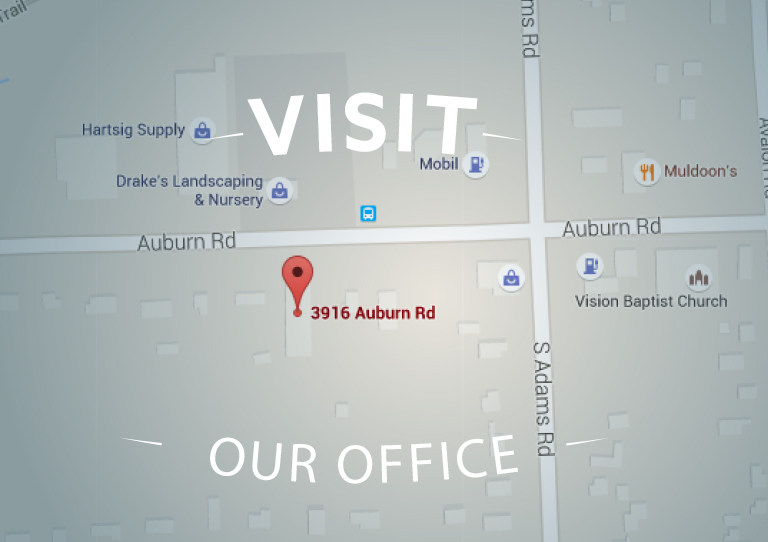 TMJ disorder, or temporomandibular joint disorder, is something many people will never have to deal with. However, many of the people who do have to deal with the condition may not realize what they’re dealing with at first. Unlike more common concerns, like tooth decay or gum disease, TMJ disorder doesn’t always announce itself the same way to everyone. As a condition that affects your jaw’s joints and, therefore, several other areas of your oral structures, TMJ disorder can lead to a wide range of symptoms and consequences if you don’t seek treatment for it promptly.
TMJ disorder, or temporomandibular joint disorder, is something many people will never have to deal with. However, many of the people who do have to deal with the condition may not realize what they’re dealing with at first. Unlike more common concerns, like tooth decay or gum disease, TMJ disorder doesn’t always announce itself the same way to everyone. As a condition that affects your jaw’s joints and, therefore, several other areas of your oral structures, TMJ disorder can lead to a wide range of symptoms and consequences if you don’t seek treatment for it promptly.
You might not feel it in your jaw first
The reason a lot of people suffer through TMJ disorder without realizing it is because the symptoms they’re suffering through aren’t even in their jaws. For example, one of the common symptoms of the jaw disorder is the chronic recurrence of headaches and migraines. These can also be symptoms of so many other conditions that you may not think of your jaw health when thinking about your headaches. Another common sign is the development of bruxism, or chronic teeth-grinding, which you may notice long before you realize the cause lies in your jaw joints.
You may have symptoms that don’t seem related
Even if your dominant symptom is chronic headaches, you might suspect that something with your oral health is to blame if they’re accompanied by chronic jaw pain and teeth-grinding. However, for many people with TMJ disorder, these aren’t the symptoms they experience, or at least, not the only ones. The problem with TMJ disorder is that the dysfunction in your jaw’s joints can cause them to aggravate your jaw’s nerve, which also happens to be among the dominant nerve group throughout your craniofacial structures. The aggravation can lead to a host of symptoms that don’t seem related to your dental health at all, including ringing in your ears, pain and soreness in your neck, shoulders, and back muscles, and much more.
You’ll need treatment for your jaw to work properly
The best way to catch TMJ disorder early is to stick to a schedule of regular visits with your dentist. During these visits, your dentist has a chance to check everything from the health and integrity of your tooth structure and oral structures to the alignment of your bite, the quality of its function, and more. If you have TMJ disorder, you may require personalized treatment to address it. Fortunately, that often means simply wearing a custom-designed TMJ appliance while you sleep every night, which will help your jaw’s muscles and joints relax properly and relieve the tension built up in them.
Find relief from your TMJ disorder
If you have TMJ disorder, it can have a significant impact on several areas of your life. To learn more about how we can help you alleviate it, schedule an appointment or initial consultation by calling Advanced Dental Concepts in Auburn Hills, MI, today at (248) 852-1820.



